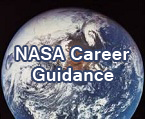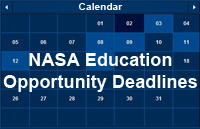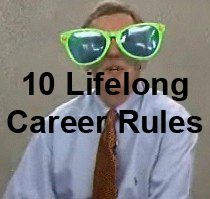When scientists’ jobs involve not just measuring data on climate change but also gauging public reaction to potentially volatile information, the challenges of their jobs multiply. John H. Richardson tackles this nuanced topic in Esquire with an intriguing feature article(warning: the article includes significant cursing – it’s not a typical source for me, I tend to favor academic sources, but the topic proved to be compelling enough for me to explore it), “When the End of Human Civilization Is Your Day Job,” and he clusters his coverage into four areas:
- Where to place emphasis? Which part of the spectrum of possibility should be featured when data is reported? One scientist imagines how he might respond to a graph or a headline if he were a member of the public, and he uses his conjecture to guide him when he reports his work. Is it part of a scientist’s job not just to report but to incentivize people to act and create positive change? The article doesn’t give a definitive answer, but it collects multiple perspectives.
- Whether to express emotion? Scientists are trained to be objective. One of climatologist interviewed for the article said, “…I’m not letting it get to me. If I spend my energy on despair, I won’t be thinking about opportunities to minimize the problem,” but he was interviewed because one of his tweets went viral, creating a backlash that stung him. He expressed passion and emotion publicly in a world where emotion = bad and science = good, and he paid the price.
- How to handle being in the line of fire? Climate change scientists are assaulted by critics. “…[F]or their pains the scientists themselves—the cruelest blow of all—have been the targets of an unrelenting and well-organized attack that includes death threats, summonses from a hostile Congress, attempts to get them fired, legal harassment, and intrusive discovery demands so severe they had to start their own legal-defense fund…” This pounding comes not just from politicians and businesses with a stake in affecting the message that goes to the public, but from within the ranks of other scientists, pitting one scientist against another. One prominent scientist advises her graduate students about where to look for jobs so that they’ll be protected from the worst of the politics.
- How does this work affect them as human beings? The article explores the varied reactions of scientists to working in this realm, introducing terms such as “pretraumatic stress” and “climate trauma.” Questions about whether hope threatens or bolsters progress in addressing climate change come up. There’s also coverage that looks at the personal effects of their work on their families.
The article is provocative, and it includes cursing, so it may not suit everyone’s palate. It raises some important questions; many of them haven’t been debated in educational and other public forums with much attention, so it’s a worthy foray into a complex topic.








Comments are closed.